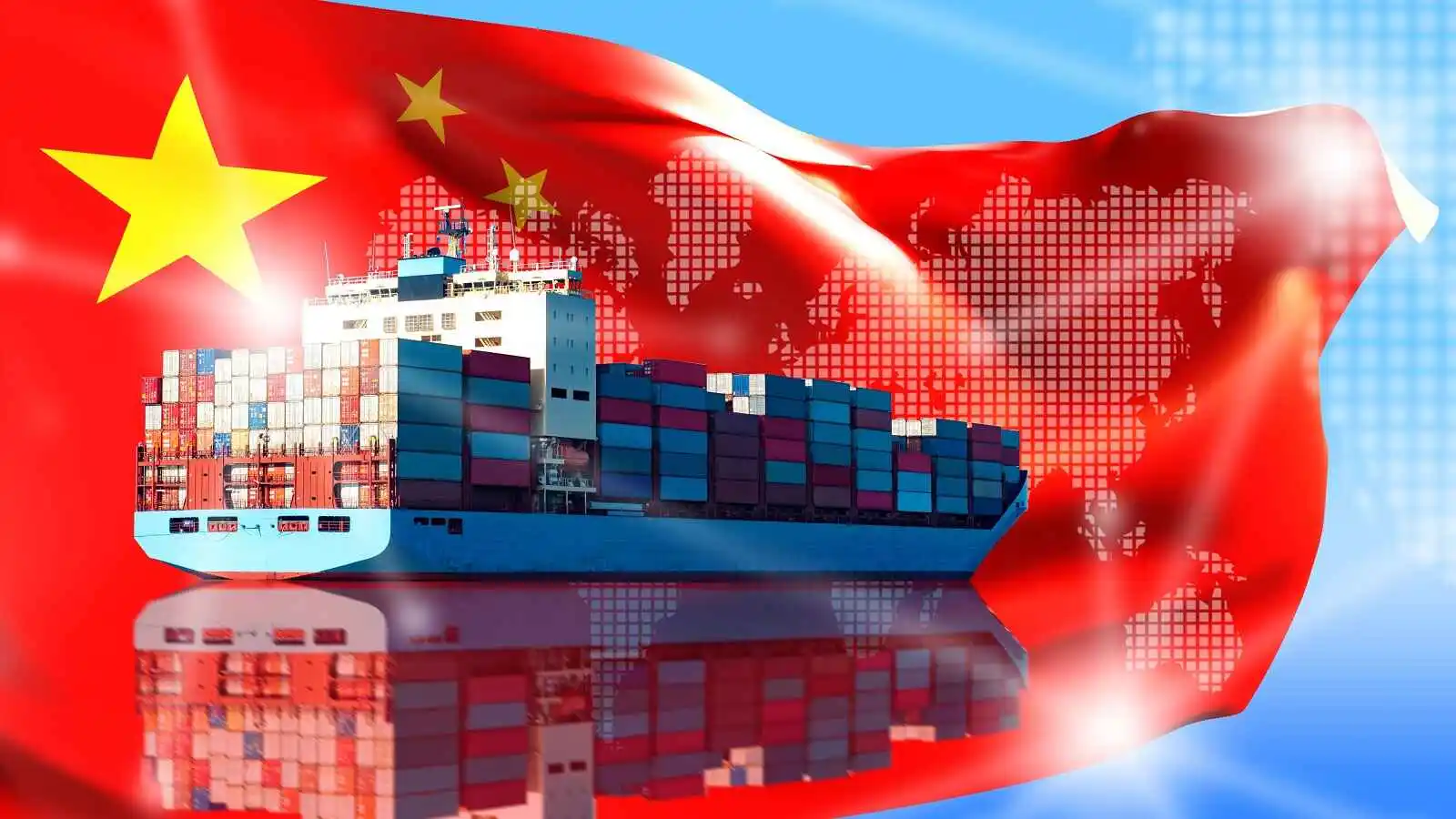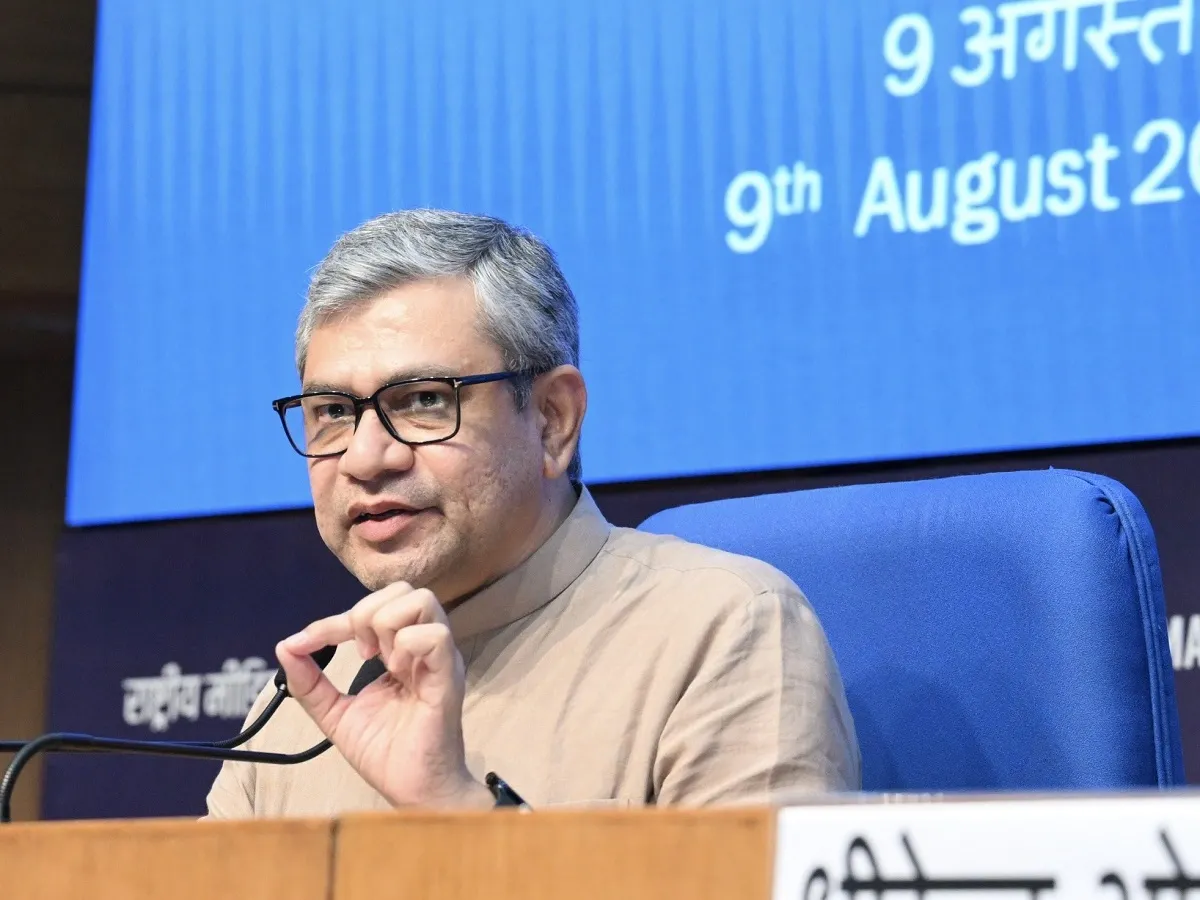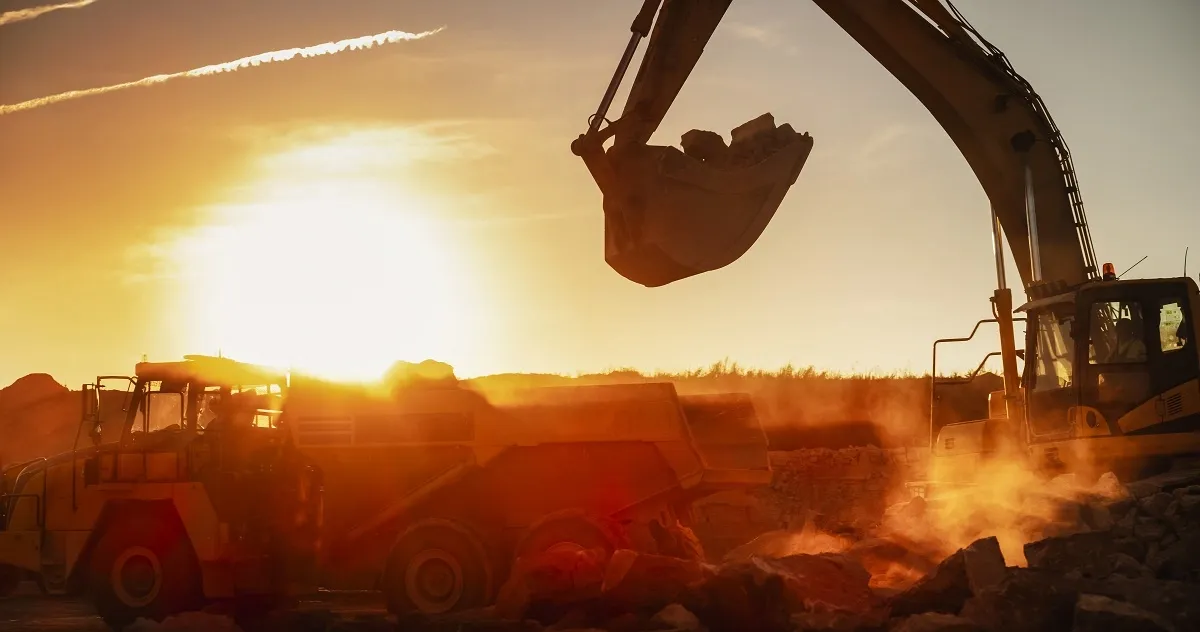Business News
China approves some rare-earth export licenses as global industry faces shortages

3 min read | Updated on June 08, 2025, 10:37 IST
SUMMARY
China has approved select export license applications for rare earth-related metals amid growing global demand and international pressure.

With China controlling 92% of the world's rare earth processing, countries including the US, EU, India, and Japan have raised alarms over supply shortages.
China on Saturday approved export license applications for rare earth-related metals, critical components in automobiles, semiconductors, mobile phones, and other industries, amid rising global demand and ongoing trade tensions.
China's commerce ministry spokesperson said the approval was granted considering rising global demand for medium and heavy rare earth elements.
Citing the dual-use nature of these materials for military and civilian purposes, the spokesperson asserted that the export controls are in line with international practices to safeguard national security and fulfil non-proliferation obligations
The official added that China remains committed to “world peace and regional stability.”
Saturday’s announcement comes just over a year after China imposed sweeping export restrictions on rare earths through a decree issued in June 2024 by Premier Li Qiang. On April 4, 2025, Beijing further tightened the rules, requiring exporters of seven heavy rare earths and certain magnets to obtain special licenses.
Rare earth elements, a group of 17 minerals, are indispensable for manufacturing electric vehicle motors, semiconductors, fibre-optic cables, fighter jets and more.
While not scarce, unlike the name suggests, high-concentration deposits are challenging to mine profitably.
China dominates the market, producing 270,000 metric tons (297,624 tons) last year compared to 45,000 tons (40,823 metric tons) in the US, and supplying nearly 90% of global demand.
China accounts for 61% of mined production but controls 92% of processed output, according to the International Energy Agency.
Export restrictions, tightened since June last year under a decree by Premier Li Qiang, intensified after US President Donald Trump imposed 146% tariffs on Chinese goods.
New rules effective April 4, 2025, require special licenses for seven heavy rare earths and certain magnets, sparking concerns in the US, European Union, and India.
Japan’s Suzuki Motor halted production of its Swift model cars on May 26 due to shortages, reports from Tokyo said.
China’s export restrictions on the rare earths, especially germanium, a critical mineral that is used in the manufacturing of semiconductors, fibre optic cables and solar panels, have sparked concerns in India among the respective industries.
Officials of India, as well as many other countries, say they are engaged with the concerned ministries and departments.
It is not clear whether the approvals are applicable to India too.
The EU, facing an “alarming situation,” urged China to lift restrictions during a Tuesday meeting in Paris between EU trade chief Maros Sefcovic and Chinese Commerce Minister Wang Wentao, the South China Morning Post reported.
“I informed my Chinese counterpart about the alarming situation in the European car industry, but I would say industry as such because clearly rare earths and permanent magnets are absolutely essential for industrial production,” Sefcovic told reporters Wednesday, highlighting shortages impacting Europe’s car, tech, and defence sectors.
The issue also featured in Thursday’s call between Trump and Chinese President Xi Jinping.
“There should no longer be any questions respecting the complexity of Rare Earth products,” Trump posted on Truth Social afterwards.
On Wednesday, he called Xi “VERY TOUGH” and “EXTREMELY HARD TO MAKE A DEAL WITH!!!”
Last month, Trump temporarily lowered tariffs on Chinese goods from 145% to 30% for a 90-day negotiation window, while China reciprocated by reducing its duties on US imports from 125% to 10%.
Trade talks between the two countries have stalled since mid-May, with Washington accusing Beijing of withholding exports of critical minerals, and China objecting to US restrictions on chip sales and student visas.
Related News
By signing up you agree to Upstox’s Terms & Conditions
About The Author
Next Story



